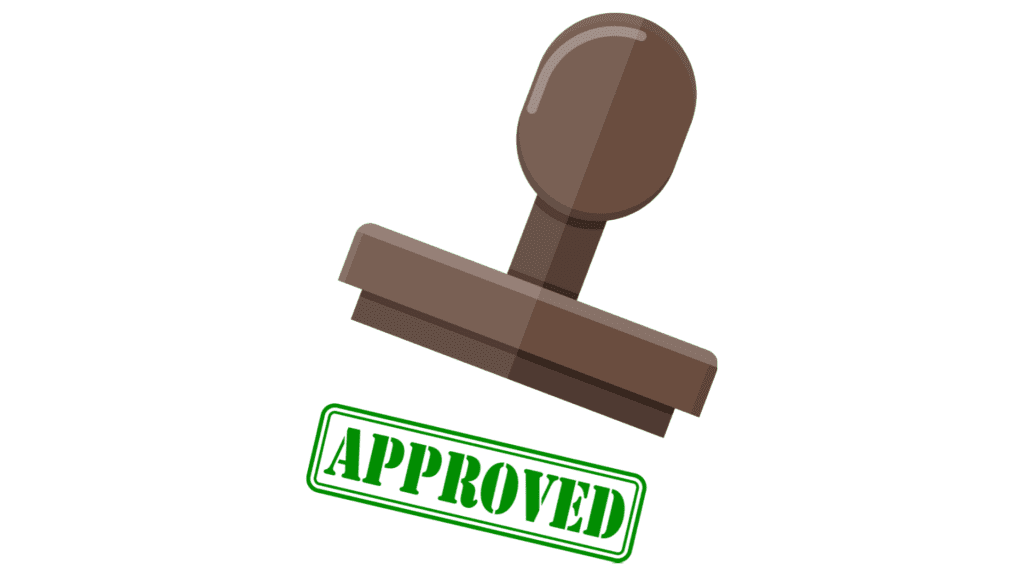Does Short Term Disability Cover Mental Health?

Mental health keeping you from work? Let’s talk about whether short-term disability has your back.
Because between rising burnout rates and growing mental health awareness, more people are asking if their disability insurance covers what’s happening in their head, not just their body.
Short Term Disability Basics
First up – let’s clear something up: short-term disability isn’t just for broken legs and bad backs.
Many policies now cover mental health conditions. But (there’s always a but) getting approved for anxiety isn’t as straightforward as showing an X-ray of a broken bone.
Think of it like trying to prove a headache – just because others can’t see it doesn’t mean it’s not real.
Mental Health Coverage Reality
Here’s what actually gets covered:
The Big Ones:
- Clinical depression
- Anxiety disorders
- PTSD (properly documented)
- Bipolar disorder
- Panic disorders
- Substance abuse
But remember: coverage varies wildly between policies. What works for your friend’s plan might not work for yours.
Getting Approved (The Hard Part)

Here’s where things get tricky. You need more than just a doctor’s note saying you’re not feeling great.
The Must-Haves:
Medical Documentation: Your therapist saying you’re stressed isn’t enough. You need comprehensive records showing your condition prevents work. Think progress notes, treatment plans, and medication records.
Severity Proof: “I can’t focus” probably won’t cut it. You need to show your condition significantly impairs your ability to do your job. We’re talking concrete examples of how your mental health stops you from performing specific job duties.
Time Limits: Most policies cover 13 to 52 weeks. After that, you’re looking at long-term disability (a whole different battle).
Related: What Is the Minimum Monthly Payment on Medical Bills?
Real Talk About Challenges
Mental health claims face unique hurdles, and knowing them helps you prepare:
The Invisible Problem: Insurance companies love measurable things. Break your arm? X-ray proves it. Having panic attacks? That’s harder to “prove” on paper.
Documentation Drama: Expect to provide more paperwork than someone with a physical injury. Unfair? Yes. Reality? Also yes.
Privacy Concerns: Opening up about mental health to HR and insurance companies feels invasive. Because it is. But keeping things vague won’t help your claim.
Getting Strategic

Want to improve your chances? Here’s what works:
Start Early:
- Document everything
- Keep a symptom journal
- Save all medical records
- Track how your condition affects work
Build Your Case:
- Get support from your healthcare team
- Keep HR in the loop
- Know your policy details
- Understand your rights and consult a personal injury lawyer if you need help
Other Ways to Get Help
Employee Assistance Programs (EAPs): Free counseling through work. Not perfect, but better than nothing. Usually offers 3-6 sessions to start.
FMLA Protection: Up to 12 weeks of unpaid leave, but at least your job’s protected. Can be used alongside STD in many cases.
ADA Accommodations: Your employer must provide “reasonable accommodations” for mental health conditions. This might mean flexible hours, remote work, or modified duties.
In summary Short-term disability can cover mental health conditions, but getting approved takes work.
What We Know:
- Mental health coverage exists
- Documentation is crucial
- Approval is harder than for physical conditions
- Multiple options can work together
What We Don’t Know:
- If coverage will improve
- When stigma will decrease
- If your specific claim will be approved
My advice? Start documenting everything now, even if you’re not ready to file. Because when you need it, you’ll want a paper trail longer than your therapist’s waiting list.
And remember – asking for help with mental health isn’t weakness. Sometimes the strongest thing you can do is admit you need a break.
